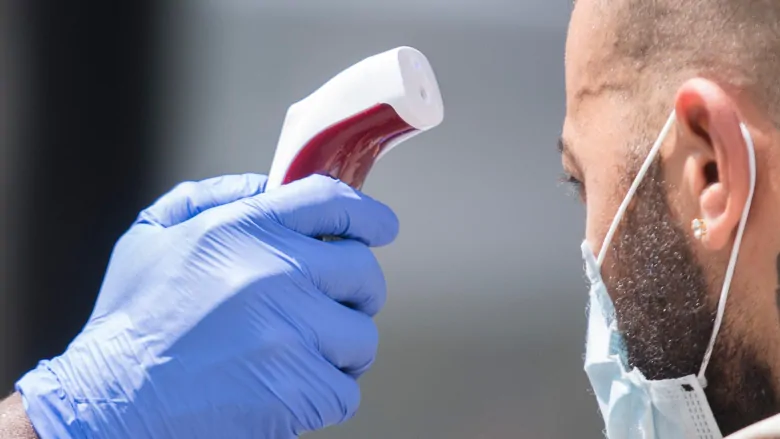We asked dozens of physicians, epidemiologists and public health experts what to expect from a second wave of COVID-19 infections. Most said the severity of a second wave will depend on what infection-control measures governments put in place and whether or not people adhere to public health guidelines.

For many health specialists in Montreal, a second wave of COVID-19 infections isn’t a matter of if but when — and how bad it will be.
And some epidemiologists believe the second wave may already be underway.
The good news is that many of these experts also say the severity and duration of that wave can be kept under control and that it is not a foregone conclusion that Quebec will again fare worse than the rest of the country.
Those observations are based on the answers that 170 medical doctors, epidemiologists, public health experts and medical researchers provided to CBC Montreal in an informal survey circulated earlier this month.
Of the 170 who answered, two-thirds indicated that a second wave was “very likely.” A further 24 per cent said it was “somewhat likely.”
The concept of a second wave is contested and carries different meanings. It should be understood here at its most basic level: another sustained increase in infections.
Some experts believe a second wave is inevitable, based on the history of infectious diseases such as SARS, a respiratory illness caused by a virus that is genetically related to the coronavirus, which causes COVID-19.
“It’s useful to understand that a second wave is not a discrete thing that happens or doesn’t,” said Dr. Cédric Yansouni, an infectious-disease physician at the McGill University Health Centre in Montreal. “There haven’t been any pandemics of respiratory diseases that had a single wave.
“You will always have ongoing transmission for some time. It can last for months and up to a two-year period.”
Another reason a second wave is likely is that not enough people were infected in the first wave to generate sufficient levels of immunity in the population at large.
“Second waves are expected for airborne transmitted viral infections for several reasons, the principal being the existence of a large population of unexposed [non-immune] hosts,” said Tatiana Scorza, an immunologist at the Université du Québec à Montréal.
A study by Canada’s COVID-19 Immunity Task Force, which did not include blood samples from Quebec, estimated that less than one per cent of Canadians have had the virus. The results of a separate study of Quebec blood samples are expected next month.
What will it look like?
There have been some indications that a second wave could already be underway in Quebec.
After

